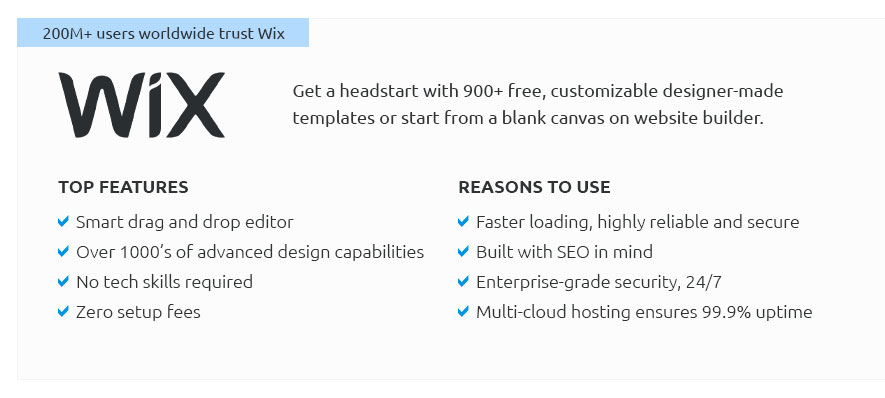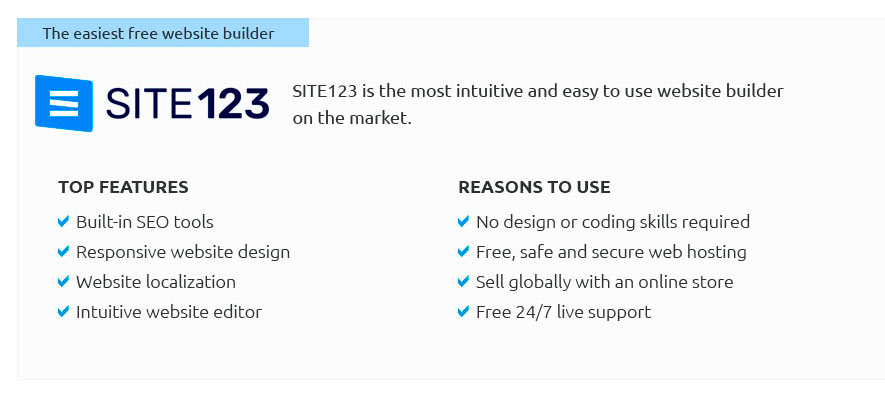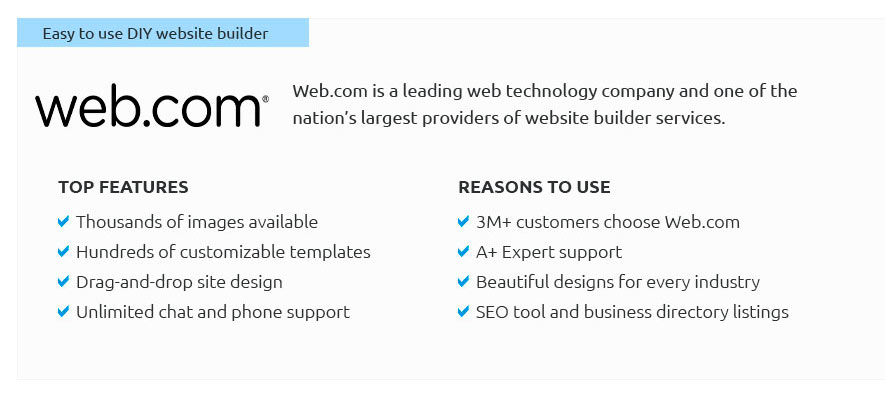 |
 |
 |
 |
|
 |
 |
 |
|
 |
|
 |
 |
|
 |
|
 |
|
 |
 |
Exploring the Best Website Builders for Real Estate AgentsIn today's digital era, the significance of a robust online presence cannot be overstated, particularly for real estate agents who thrive on visibility and accessibility. As the industry evolves, so do the tools that empower agents to showcase properties with flair and efficiency. Among these tools, website builders emerge as quintessential assets, allowing agents to craft bespoke digital experiences. But with a plethora of options available, selecting the best website builder can feel overwhelming. Let's delve into some of the top contenders and explore how they cater to the nuanced needs of real estate professionals. Wix often tops the list for its unparalleled flexibility and user-friendly interface. Known for its drag-and-drop simplicity, Wix empowers even the most tech-averse agents to create stunning websites. Its vast library of templates includes real estate-specific designs, making it a breeze to highlight listings and integrate MLS search functionalities. The platform also offers a range of apps to enhance site functionality, from contact forms to scheduling tools, ensuring a seamless user experience. Next, we have Squarespace, a platform renowned for its sleek, modern aesthetics. For agents who prioritize visual appeal, Squarespace provides a canvas to craft visually stunning websites that captivate potential clients. While it may have a steeper learning curve compared to Wix, its design-centric approach makes it a favorite among those who want their online presence to reflect luxury and sophistication. Additionally, Squarespace's robust analytics tools offer valuable insights into visitor behavior, allowing agents to fine-tune their strategies. For those seeking a more specialized solution, Placester is tailored specifically for real estate professionals. Placester offers a suite of tools designed to streamline the home buying process, including IDX integration and lead capture forms. Its focus on real estate means that agents can enjoy features like neighborhood pages and mortgage calculators, adding depth to the user experience. However, this specialization comes at a higher cost, which might be a consideration for budget-conscious agents. Another noteworthy mention is Weebly, which stands out for its affordability and ease of use. Weebly is an excellent choice for agents starting out or those managing a tight budget. Its drag-and-drop editor is intuitive, and while it may not boast the extensive features of some competitors, it covers the essentials with aplomb. Weebly also offers integrated marketing tools, allowing agents to engage with clients through email campaigns and SEO enhancements. WordPress.com, often revered for its versatility, also deserves attention. While it requires a bit more technical know-how, the possibilities with WordPress are virtually limitless, thanks to its open-source nature and extensive plugin ecosystem. For agents willing to invest time into learning the platform, WordPress offers unparalleled customization and scalability. It's particularly advantageous for those who envision their website as a dynamic hub for content marketing, such as blogs and market updates. In conclusion, the choice of a website builder for real estate agents hinges on various factors, including budget, technical skill level, and desired features. Each platform offers distinct advantages, and the best choice will align with the agent's unique business goals and branding vision. Whether prioritizing design, functionality, or cost-effectiveness, today's website builders provide the tools necessary to create an impactful digital presence that resonates with clients and elevates the real estate experience. https://www.reddit.com/r/realtors/comments/yob2ct/best_websites_to_build_a_rest_estate_website/
If you do want go get leads/traffic from organic traffic (SEO), then Wordpress is the one you want, no question. If you just need something as a ... https://placester.com/
Access over 5000+ unique customization options. No coding or technical expertise needed. More than 50 ... https://www.websitebuilderexpert.com/website-builders/real-estate/
Our testing found Wix to be the top choice real estate website builder. What makes it so easily recommendable to budding real estate moguls is ...
|